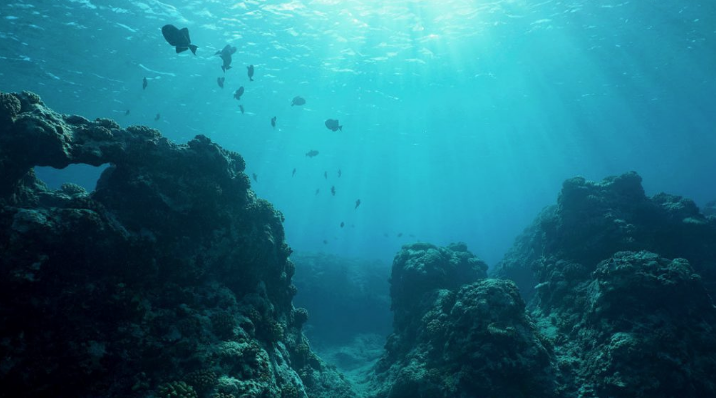
A new way to meet the growing demand for minerals critical to electric vehicle, electronics and battery manufacturers could become commercially available within this decade, the paper predicts.
To create the space for industry to come together, discuss and engage on this complex issue, the World Economic Forum also launched the Deep-Sea Minerals Dialogue.
“Deep-sea mining is a cross-cutting topic that could affect both progress on climate action as well as the preservation of biodiversity and is connected with the transition to a circular economy”
Dominic Waughray, Managing Director, World Economic Forum
Significant public and private investment have gone into how to extract cobalt, nickel, lithium and other minerals from the deep seabed; however, more than 80 non-governmental organizations have voiced concerns about the dangers of commercial extraction.
Environmentalists have called for a ban on deep-seabed mining that would extract resources including copper, cobalt, nickel, zinc, lithium, and rare earth elements from nodules on the ocean floor.
While venues exist for countries, scientists, seabed mining industry and environmental organizations to discuss deep-sea mining, companies that use these kinds of minerals – the product manufactures and metal markets – previously did not have a place to learn about and discuss this topic, WEF reports.
The new platform will leverage experts with different points of views and analyse decision-making systems and learnings from existing industries.
“Deep-sea mining is a cross-cutting topic that could affect both progress on climate action as well as the preservation of biodiversity and is connected with the transition to a circular economy,” Dominic Waughray, Managing Director, World Economic Forum said in a media statement.
The next years are critical as regulatory, technology and investment decisions are being made. These decisions could determine the environmental and social impact of deep-sea minerals, WEF says.
Although the minerals may not enter supply chain for a few years, examples involving cobalt mining from the Democratic Republic of Congo and palm oil supply from Indonesia, show that failing to act early, can result in costly efforts to clean up the supply chain and reputational impact afterwards.
The paper underscores a trend of manufacturers and metal markets increasing their attention to the environmental and social conditions of the minerals they source. It is the first in a series of three about the potential extraction of deep-sea minerals, written for manufacturers and market exchanges.
“Decisions being taken now on the development of deep-sea minerals have implications for ocean conservation, responsible sourcing, sustainable production and even for our fight against accelerating climate change,” says Assheton Stewart Carter, CEO of TDI Sustainability.
We have learned from other industries – such as oil sands development, hydro-electric dams, nuclear power generation – that’s when decisions to proceed with megaprojects fail to be inclusive and informed by science, it can lead to delays, irreversible social and ecological damage, or abandoned assets.”



